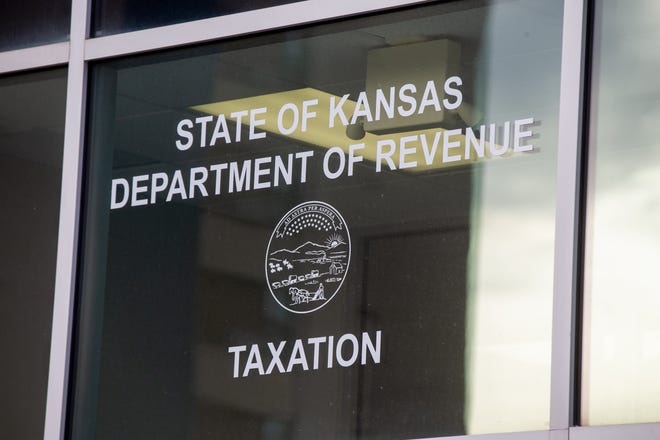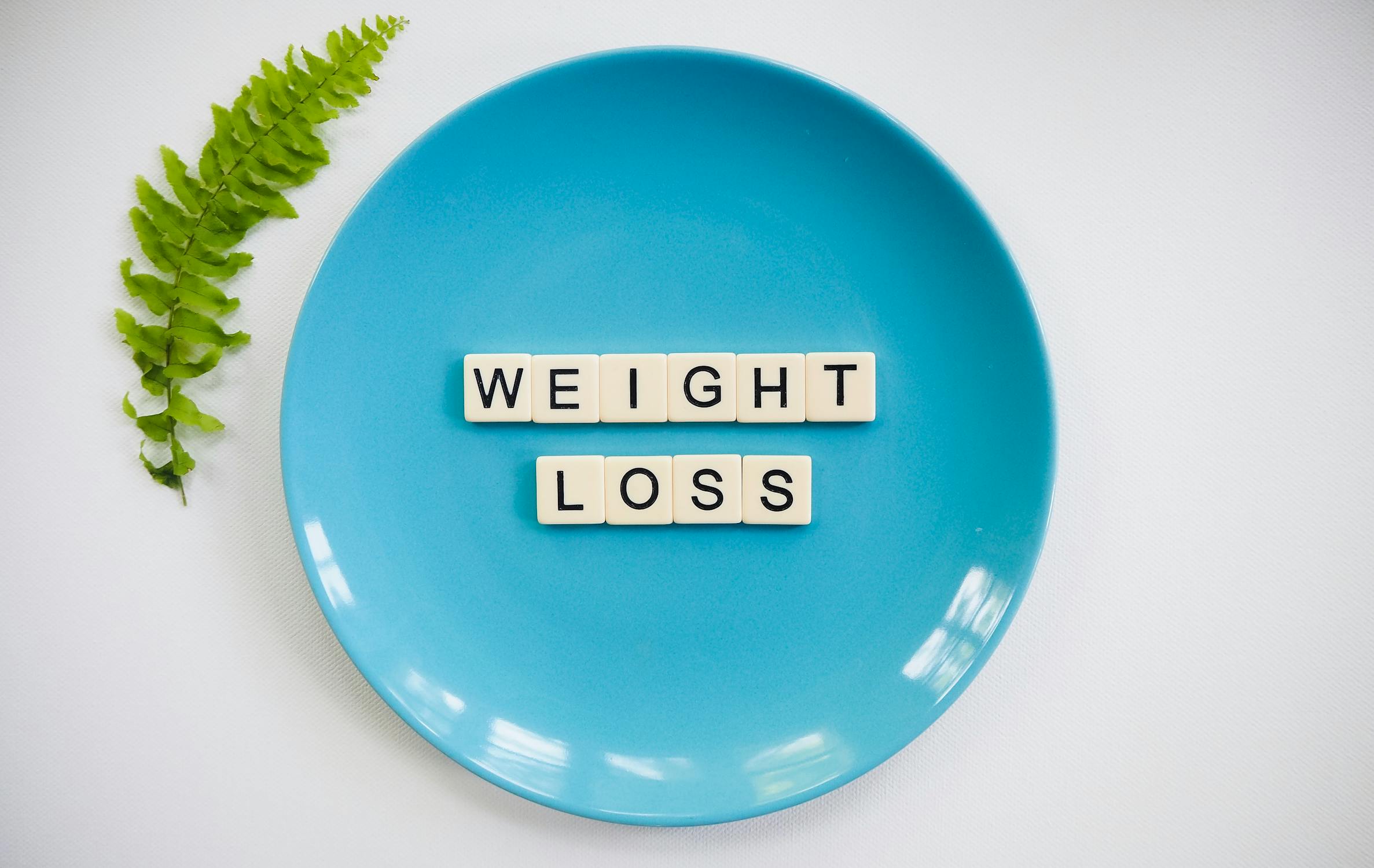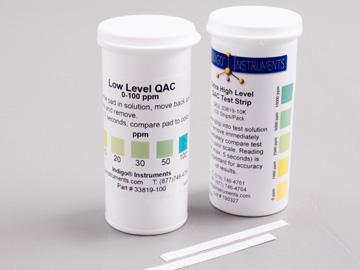[ad_1]

Kansas lawmakers permitted a “significant” tax plan monthly bill late on the previous day of the regular session, chopping $90 million in tax earnings for the future fiscal calendar year even though leaving the foods sales tax for following the spring break.
A foodstuff gross sales tax reduce may still be in the will work for the veto session afterwards this month, but the program state-of-the-art by Republican leadership would wait to start a gradual reduction right up until following the November election.
Gov. Laura Kelly and fellow Democrats have campaigned to “axe the food tax,” chopping it to % setting up July 1.
Kelly maintains that Kansas can find the money for to remove the state’s product sales tax on meals, which would amount of money to a roughly $500 million a 12 months tax lower. In a Friday news launch asserting tax receipts for March, Kelly observed that regular monthly revenues outpaced estimates by extra than $80 million.
“Owing to the state’s sales tax on groceries and pandemic-induced inflation, Kansans go on to spend some of the maximum grocery price ranges in the nation,” Kelly explained in a assertion. “These collection figures exhibit the capacity to ‘Axe the Food stuff Tax,’ reducing the state’s sales tax on groceries on July 1, which provides immediate aid to all Kansans.”
Prior to the start off of the legislative session, state coffers were projected to have a spending budget surplus of $2.9 billion.
Extra:With $2.9 billion surplus, how will Kansas lawmakers commit your tax pounds or reduce taxes this calendar year?
Even with attempts to set general public force on legislators, Kelly’s approach received minimal traction in the Legislature. Citing fiscal expense issues right after approving millions of dollars really worth of tax slash deals, the GOP legislators opted from an earlier elimination of the state’s 6.5% profits tax on groceries — the 2nd-highest level in the nation.
Republican lawmakers negotiated a foods profits tax lower approach that would consider till January 2025 for the rate to hit %.
“I comprehend the zero is not appropriate absent,” said Sen. Caryn Tyson, R-Park, “but we are acquiring to zero, and that is a acquire for all of us.”
The Democrats on the meeting committee — Sen. Tom Holland, D-Baldwin City, and Rep. Jim Gartner, D-Topeka — appeared indignant when the negotiations closed just after midnight Friday morning.
“We know we have the money to do this now … I am strongly disappointed that we were not ready to make a major reduce by July 1,” Holland said.
Gartner stated reducing the tax to zero was the leading priority between constituents at the get started of the session.
“I attempted to do that … I was not prosperous,” Gartner stated. “It is really definitely disappointing, because we have the funds.”
“We ought to be encouraging out Kansas taxpayers, and the fastest way to get cash into their pockets is decreasing the income tax on food stuff,” he said.
Lawmakers did not vote on the invoice before they left Topeka early Saturday morning.
Additional:Gov. Laura Kelly states slicing Kansas food items tax could save Kansas family members $500 a year
Convention method includes authority to reward Gage Park and Topeka Zoo
In its place of passing personal bills on tax plan, the Legislature saved three months truly worth of perform for a conference committee of three senators and a few representatives to hammer out plan details.
They repackaged the dozens of proposals into three individual bills: one just on the food stuff revenue tax (HB 2106), a further with lesser or much less controversial tax cuts (HB 2239) and a 3rd with more substantial or much more controversial positions (HB 2597).
When finalized by the 6 lawmakers on the committee, the remaining 159 legislators at the Statehouse had been not authorized to amend the packages. There was no prospect for general public testimony.
The mega invoice HB 2239 was compiled from 29 various charges, none of which experienced an option to move on their individual deserves.
“Some are fantastic, some probably you never like,” mentioned Gartner, the prime Home Democrat on tax policy.
“There was a ton of horse buying and selling likely on, and I imagine we came up with incredibly, extremely fantastic tax coverage,” said Rep. Adam Smith, R-Weskan, the Residence tax committee chair.
Some parts of tax coverage have been applied as bartering chips. In a single such illustration, the Residence obtained a revenue tax authority to reward Gage Park and the Topeka Zoo in exchange for the Senate prepare to completely get rid of the profits tax on agricultural fencing.
Far more:Kansas lawmakers however haven’t passed wildfire relief monthly bill for farmers. Will Hutchinson fires adjust that?
The fencing piece was at first promoted as an emergency evaluate to help farmers and ranchers afflicted by wildfires.
Rep. Ken Rahjes, R-Agra and chair of the agriculture committee, famous that the laws was inspired by the Four County Hearth in December. It was pre-filed before the start out of the legislative session.
“Noncontroversial, they stated. Here we are, just about basically the final day and the final hour,” Rahjes claimed.
Rep. Henry Helgerson, D-Eastborough, took concern with the tax monthly bill not staying debated right up until just after 9 p.m. on the past day of the standard session. In more criticism of the procedure, he highlighted that 6 lawmakers on the convention committee plus legislative leadership produced the decisions about what tax guidelines were being permitted to progress devoid of an option for the relaxation of the 125 reps to give enter.
“You really don’t even have a cha
nce to stand for your district in this system, and that is a criminal offense,” Helgerson instructed his colleagues.
Far more:Food items income tax minimize stays alive as Kansas lawmakers look for compromise on new approach slicing price to 1.5% in July
Food sales tax negotiations
Earlier in the 7 days, Smith opened the food income tax dialogue with a proposed substantial foods product sales tax lower to 1.5% in July, then to zero a year later.
Tyson, the Senate tax committee chair, was receptive to the plan, but explained Senate GOP leadership was not.
“I have been requested to keep off,” Tyson reported. “I really do enjoy, I know several of us do, what the Dwelling has made available. But you will find a little bit of heartburn for a couple of causes.”
Tyson reported that cutting the foods income tax is “the highest precedence in the creating for me.”
“I truly like your provide,” she told Smith. “I individually would love to just sign off on it now. We all know that we’re representing the Senate place, not (personal) positions.”
The Senate afterwards countered with an notion to use a formulaic, gradual reduction in the tax with no instant lower. This kind of a proposal was involved in a 2019 monthly bill vetoed by Kelly. Rounds of negotiations produced the remaining product.
Then meeting committee program by no means experienced the prospect for community input and was not instantly based on any of the designs that had hearings in Residence and Senate tax committees.
The rationale driving a gradual reduction was the price tag linked with slicing the tax, but Tyson advise that Kansas has the revenue to reduce the tax now.
“Our leadership has some problem on the fiscal notice, specially with all these other provisions,” Tyson reported. “That’s debatable, with $3 billion (in surplus), we have to have to demonstrate where by our priorities are and have it be the taxpayer.”
Much more:Is a food sales tax reduce compromise in the works? Kansans ‘need to be contacting their legislators’
The rationale behind pushing the start day to Jan. 1 was that July 1 would leave minor time for vendors and the Department of Profits to carry out a fee modify. Profits officials have previously explained they need 60 to 90 days to implement a change in the product sales tax.
“Our worry is the suppliers implementation at this late in time, so we are just inquiring for a six month delay on implementation,” Tyson reported. “Just due to the fact of suppliers, not for any other rationale.”
But lawmakers did not have to wait until eventually Jan. 1. Revenue tax adjustments ought to be executed at the start out of a calendar quarter, which usually means Oct. 1 — about a month in advance of Election Day — was also an choice.
“If we were being to get started at Jan. 1, 2023, it would advantage Kansans enormously as speedy as probable, keeping the vendors in consideration,” Tyson said.
What’s in the invoice that handed
The Legislature handed HB 2239 with a 39- vote in the Senate and 103-10 in the Dwelling. Both equally Tyson and Smith identified as the monthly bill “enormous.”
The monthly bill will have an estimated $91 million strike in fiscal calendar year 2023, $100 million in 2024 and $120 million in 2025. Smith stated that to start with year’s quantity was trimmed down from a starting up point of about $500 million or $600 million.
A invoice transient showed eight assets tax pieces, 10 money tax parts and 7 product sales tax items.
Amongst the tax provisions have been the next:
- Revisions to the residence tax earnings neutral charge process.
- A doubling of the household residence worth volume exempt from the 20 mill point out college levy.
- Creation of an agricultural grassland property tax classification.
- House tax abatements for non-residential residence destroyed by a pure disaster.
- Revenue tax credits for aviation and aerospace personnel.
- Money tax credits for academics who obtain college materials for their lecture rooms.
- Income tax exemptions for disabled armed forces veterans.
- Agricultural fencing income tax exemption.
- Product sales tax authority for Gage Park, the Topeka Zoo and Kansas Kid’s Discovery Middle.
Tyson explained she regarded it to be “substantial progress” with “some really fantastic tax plan that this meeting committee has labored diligently in the very last couple times to place together.”
“We are remaining very diligent and very respectful in hoping to get back as a lot as we perhaps can to the Kansas taxpayers,” she claimed.
The convention committee stuck better-valued or a lot more controversial tax cuts in HB 2597. That bill has a $205 million strike in fiscal calendar year 2023, $105 million in 2024 and $122 million in 2025.
That monthly bill was not debated prior to lawmakers left for their spring break, adjourning at close to 1:30 a.m. Saturday.
Jason Tidd is a statehouse reporter for the Topeka Cash-Journal. He can be attained by e mail at [email protected]. Comply with him on Twitter @Jason_Tidd.
[ad_2]
Supply connection







